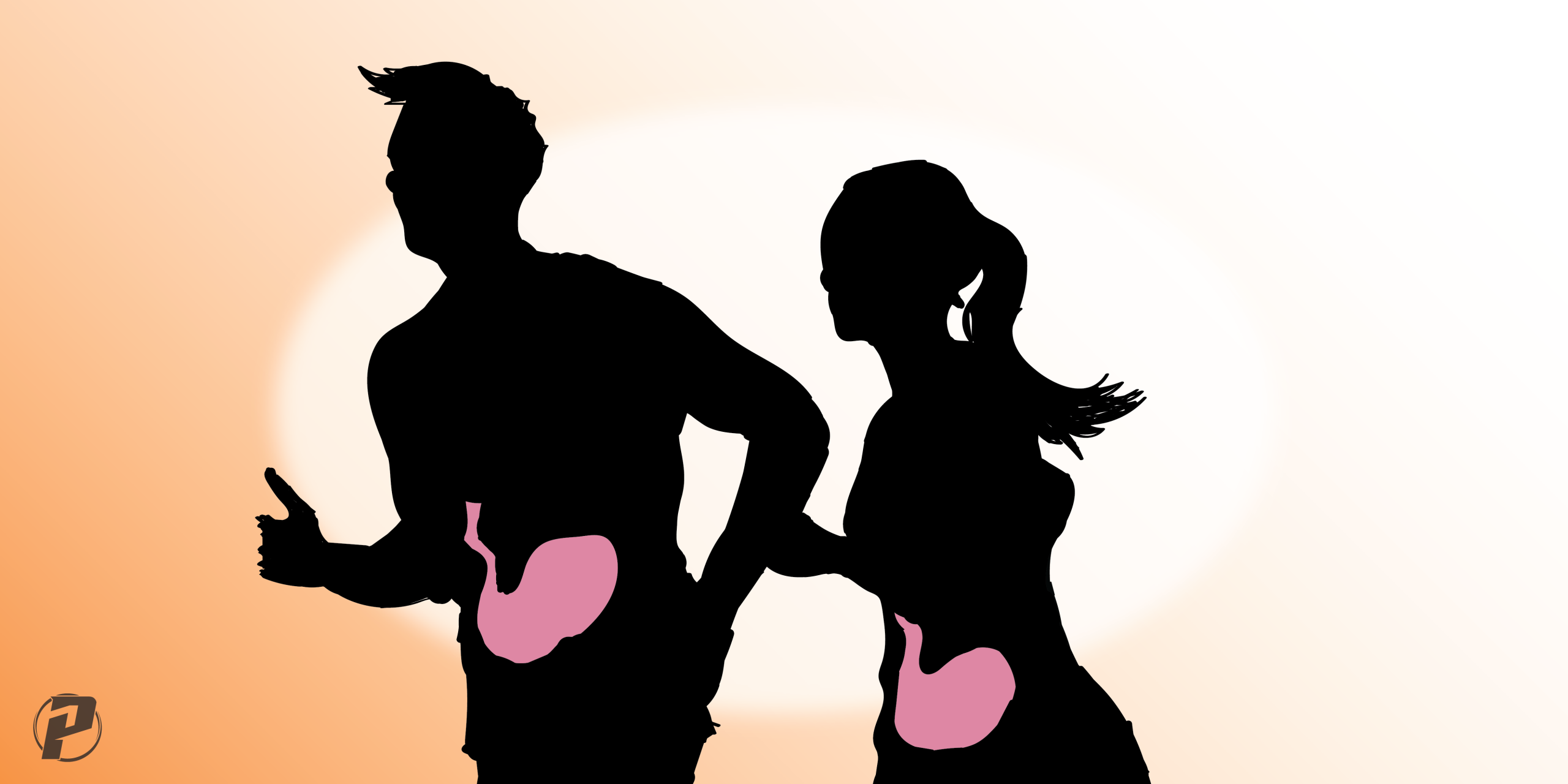Hello,
@Mo04
You are welcome
Fasted training is not mandatory if fat loss is desired. I consider as a tool among other.
If this is not convenient to you (schedule, your body react poorly to it, etc...) this is not an issue. For instance, fasting or not, calorie control may be an option.
If this is possible, you can also incorporate physical exercise in your daily life:
- Stairs instead of elevator
- When you use the public transportation, you stop a little bit before
- Doing a few squats or push up when you enter in a room
etc...
If you control your diet (no junk food, no refined sugar, low alcohol, eat plenty of vegetables, drink plenty of water, eat whole food) and if you succeed in making your lifestyle more active (possibly in addition to your already existing routine), you will lose fat.
Fasting training is what works with me:
- I have always naturally trained that way (I have trained that way since I am 17yo, now I am almost 31)
- My body have got used to it, I guess
- I just do better that way (feel "heavy" when moving while digesting).
For instance, recently, I did a trail of 15km, then a ruck (with 24kg) of 10km in a fasted state, with no issue at all. I did not even feel dizzy afterwards.
As far as diet goes, I really consider it as a medecine, both to prevent and to cure. Using trials (and sometimes mistakes) we have to find what works for us. For me, this is:
- 16:8 IF
- No junk food, no refined sugar, no alcohol
- Very little red meat (but I occasionally eat chicken / turkey).
- Eat fish, tofu, eggs, dairy (reasonable amount), nuts and dark chocolate (at least 90%)
- Plenty of vegetables and fruit (all from the season, basically, I do not eat tomatoe in winter), whole grains
- A lot of water, tea, coffee
Everything is raw, organic.
I always stop 80% full.
Kind regards,
Pet'



